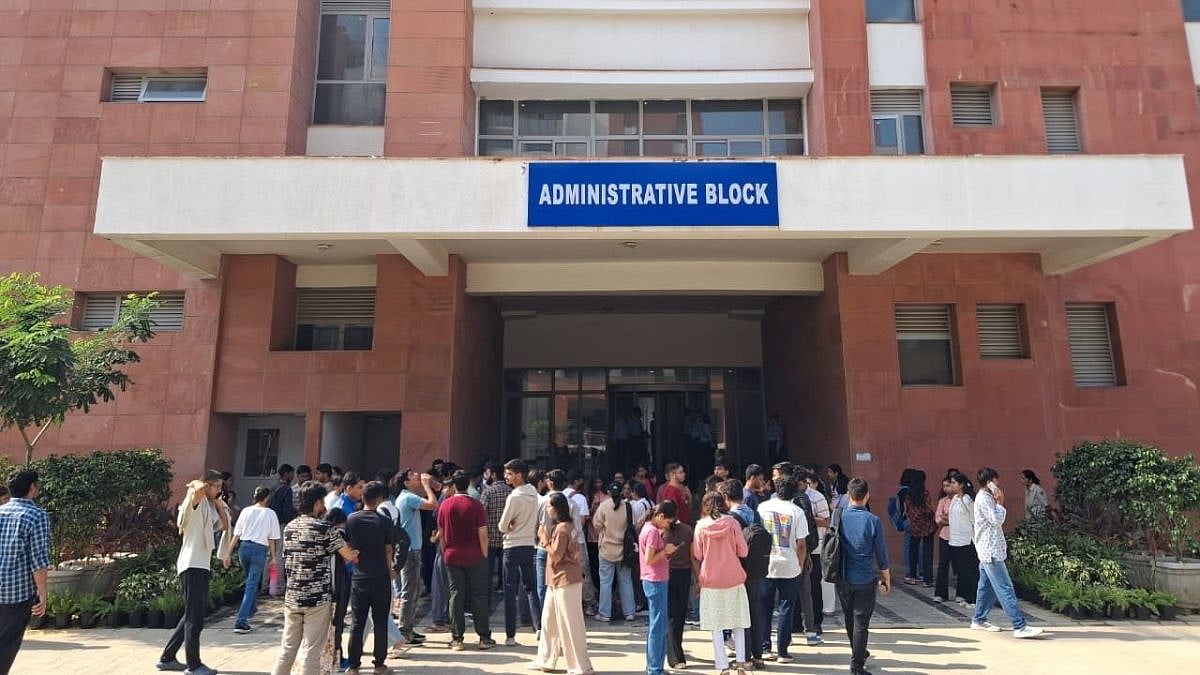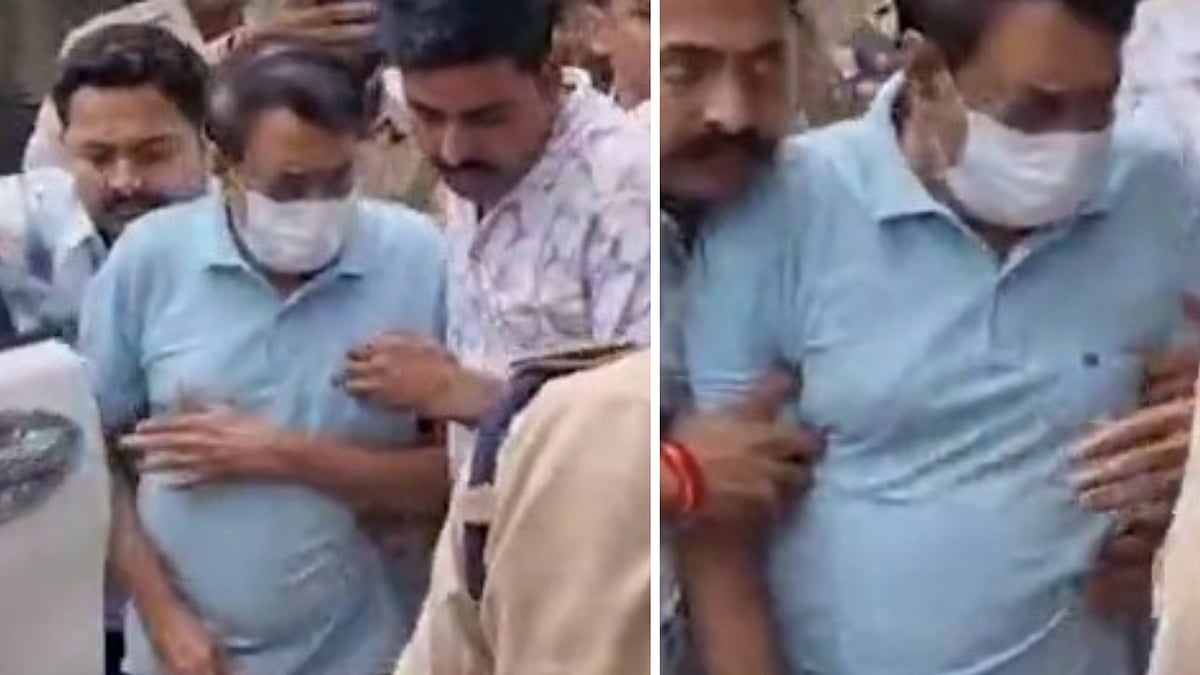Preventing and controlling malaria is the need of the hour. As the cases keep on rising, it is essential to separate facts from fiction. Here we have tried to dispel the common myths related to mosquito-borne infectious disease.
Malaria can be termed as a life-threatening disease that is occurred owing to the parasites that transmitted to people through the bites of infected female Anopheles mosquitoes. The symptoms of this deadly disease are fever, chills, and even a headache. It is preventable and curable if you don’t delay the treatment. But, many people are still not aware of malaria. There are also many misconceptions tied to this condition that need to be addressed on time so that one can be vigilant.
Below we list out facts regarding malaria:
Myth 1: Mosquitoes won’t bite in the air-conditioned room
Fact: Many people feel that staying in an air-conditioned room will slash down the risk of a mosquito bite and in turn malaria. It may not completely avoid the risk and you will have to take some precautions even in an air-conditioned room.
Myth 2: You will not get malaria for the second time
Fact: It is not at all safe to assume that being infected once will not make you prone to the infection again. You will have to take precautions like wearing full-sleeve clothes and using mosquito repellent.
Myth 3: Malaria cannot be life-threatening
Fact: If you feel to tackle malaria at the right time then it can lead to death. Malaria occurs owing to the spread by the female Anopheles mosquito and is caused by a parasite called plasmodium. In the bloodstream, it tends to multiple and impacts the liver and red blood cells.
Myth 4: Malaria and dengue fever are the same
Fact: The symptoms of malaria and dengue may overlap. But, they aren’t the same. Though both diseases occur owing to mosquito bites, the treatment of them is different. Your doctor will be able to differentiate between malaria and dengue and then you will be suggested a proper line of treatment.
Myth 5: Eating garlic before sleeping will help one keep mosquitoes at bay
Fact: This has not been proved yet by the studies. Garlic does produce a sulphur compound that is called allicin having some anti-bacterial, anti-fungal, and anti-parasitic activities. But, there is no research available on garlic’s efficacy in the human immune system when it comes to malaria.
Myth 6: Mosquitoes vanish in the dry season
Fact: It is a known fact that mosquitoes breed in the rainy season and are more active during that season. But, this doesn’t mean that the mosquitoes are not seen in the summer. Mosquitoes can be still seen during the warm weather and you are still at a greater risk of suffering from malaria.
Myth 7: Showing no reaction after getting bitten by the mosquito indicates that you are safe from malaria
Fact: The reactions after mosquito bites may differ from person to person. Some people may spot bumps that are red, itchy, and even painful, while, some people may see no reaction at all. Though, this will not suggest if you have malaria. You will have to watch out for the common symptoms of malaria like fever, chills, and headache and immediately report to the doctor. Do not neglect these symptoms at any cost. Get a proper diagnosis of the symptoms and lead a healthy life. Take charge of your health and keep malaria away.
(The author is a consulting physician, intensivist and infection disease specialist, Zen Multispeciality Hospital, Chembur)











